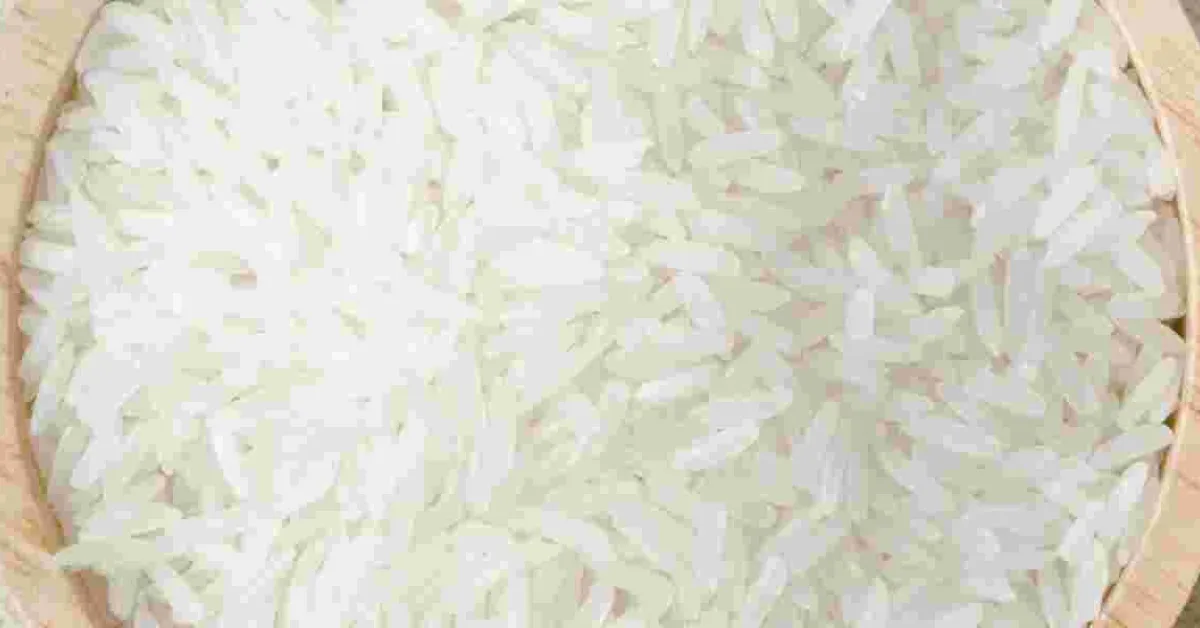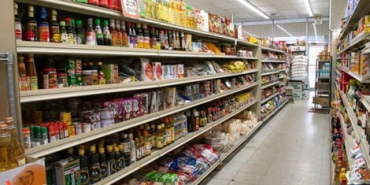2 Million Kgs of Hazardous Rice Infiltrate Nairobi Market, Regulatory Gaps Exposed

The Kenya Bureau of Standards (KEBS) has flagged a substantial consignment of rice, importing from Pakistan, as unfit for human consumption due to hazardous aflatoxin levels.
The 2-million-kilogram shipment, which arrived in September and October, was found to contain dangerously high concentrations of the contaminant. Despite failing to meet strict safety regulations, the rice was transported from the Kilindini port in Mombasa to Nairobi, where it was subsequently repackaged and distributed to various wholesalers and retailers.
Upon discovering the breach, KEBS initiated a rapid response, successfully seizing approximately 23,000 kilograms of the contaminated rice at Nairobi's Central Business Park. This alarming incident follows a previous scandal in which KEBS identified 32 million liters of cooking oil that had reached the market without the agency's authorization. KEBS Managing Director Esther Ngari informed parliament that out of 73 containers of the oil, 43 had been distributed illegally, breaching nutritional standards.
"We tested several consignments and the results we received showed failure. As far as KEBS is concerned, their products were rejected and therefore the Kenya National Trade Corporation (KNTC) should have not sold them out," Ngari informed the legislators.
The recurrence of such violations raises critical questions about the effectiveness of regulatory oversight in Kenya and the potential health risks posed to consumers. Health experts warn that the consumption of goods contaminated with aflatoxin, or those failing to meet nutritional standards, can have severe health implications for the populace.
This situation necessitates stronger safeguards from regulatory bodies like KEBS to protect public health and restore consumer confidence.














Add new comment